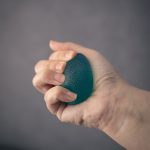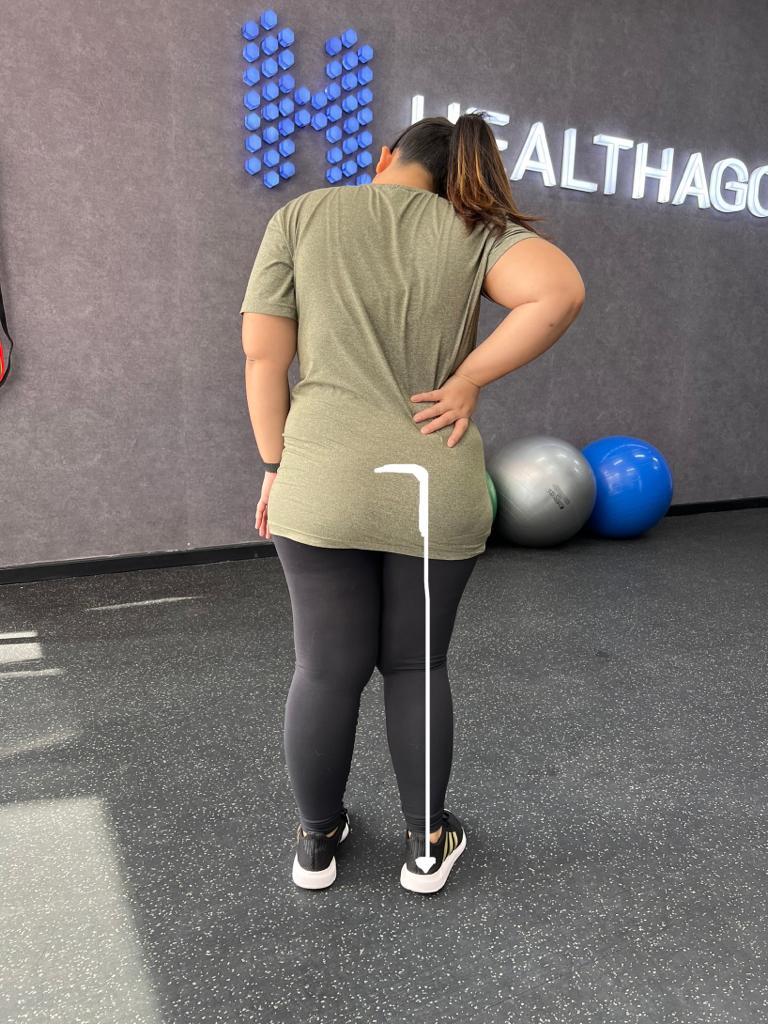
Health Blog | 3 MIN READ
Disc Herniation
Dr. Katherine Valdez
A Herniated Disc is a common medical condition. It's caused by a bulging or ruptured spinal disc and can lead to symptoms such as back pain, numbness, tingling, and leg discomfort. People of any age may be affected, but those with physically strenuous occupations or those who engage in rigorous activities like running or sports are more prone. This article will cover the causes, diagnosis, and treatment of herniated discs as well as prevention tips.
Herniated Disc: What is it?
A Herniated Disc is a condition that affects the spine, usually in the lower back, though it may also be located in the neck or middle back. It occurs when the outer a layer of the disc cracks and the inner layer bulges out, leading to pressure put on the nerves which can cause pain. Treatment for this condition depends on its severity; rest and pain medication may suffice for mild cases, while surgery may be necessary to remove it and relieve the pressure if it's severe.
What is the Anatomy of a Herniated Disc?
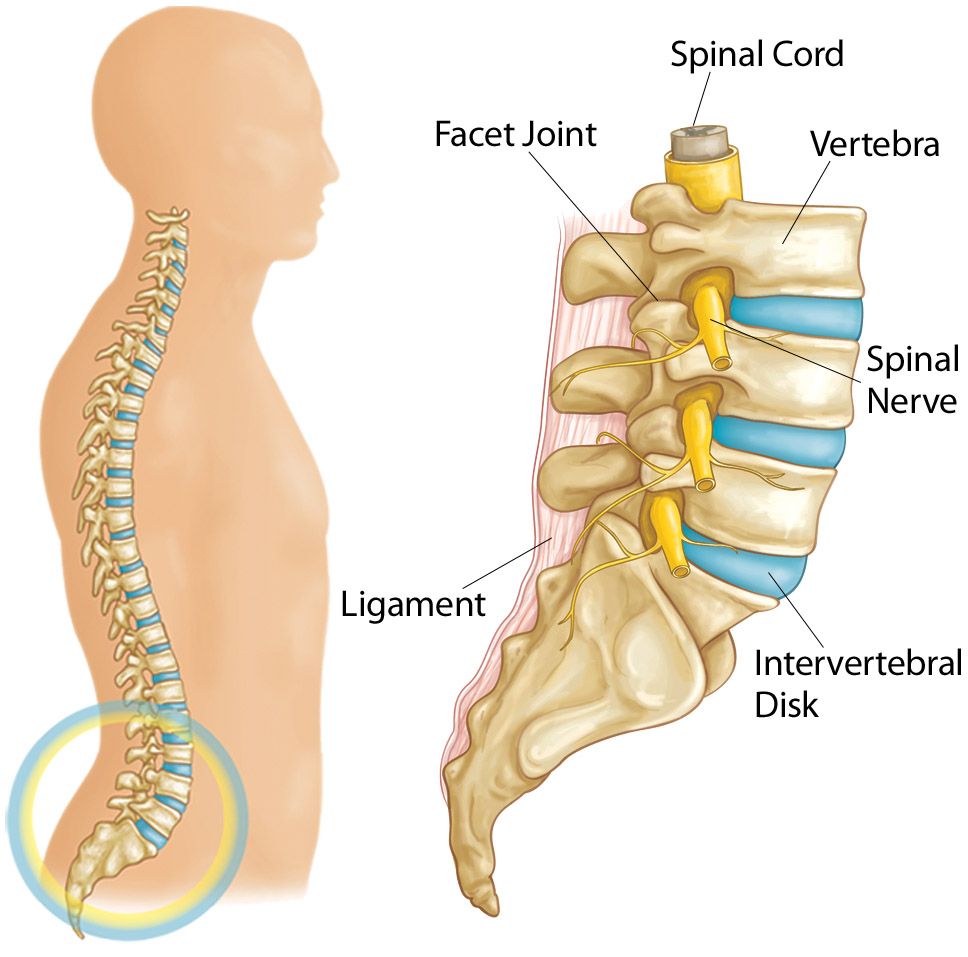
The human spine is made up of 33 vertebrae, which are separated by intervertebral discs. These discs act as cushions between the vertebrae, absorbing shocks and helping the spine to move smoothly. A herniated disc occurs when one of these discs is damaged and the inner, gel-like material leaks out. This can cause pain and other symptoms.
Symptoms of a Herniated Disc
Sciatica is one of the most common herniated disc symptoms. Sciatica symptoms include pain radiating from the lower back down the leg. The pain is caused by compression of the sciatic nerve, which runs from the lower back to the buttocks. Herniated disc symptoms can also include:
Sitting or standing worsens the pain
Coughing or sneezing causes sharp or shooting pains
Leg or foot numbness, tingling, or weakness
The affected leg or foot has difficulty moving
This herniated disc can be treated effectively with conservative measures such as physical therapy. If you experience any of these symptoms, you should see a doctor immediately
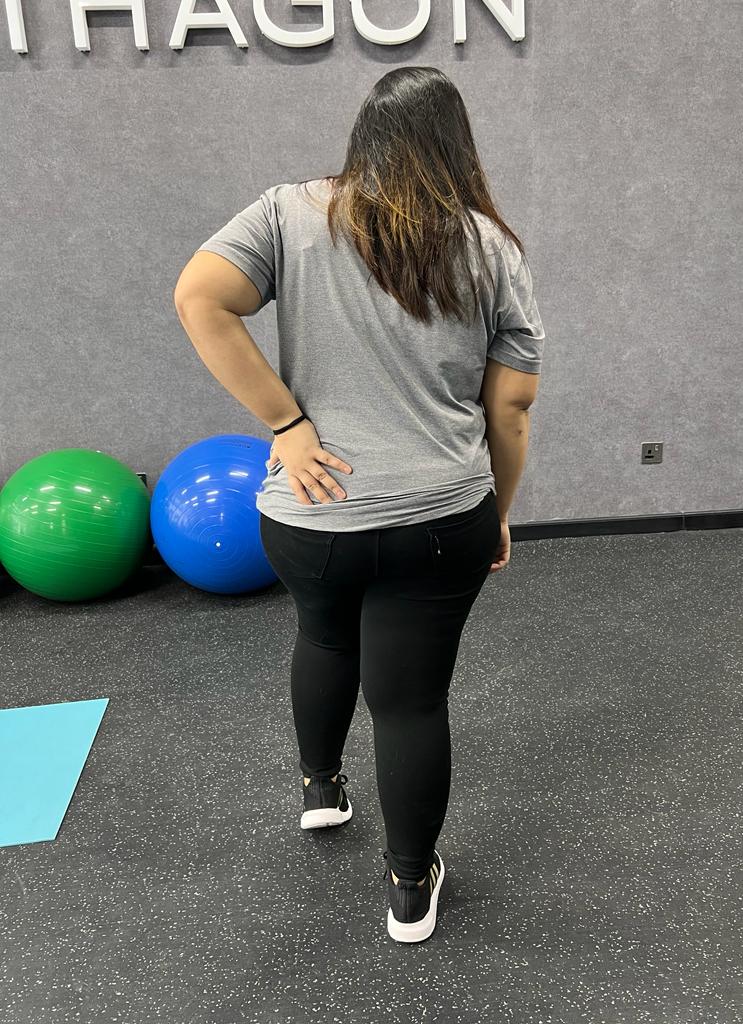
There are several causes of Herniated Disc
The most common cause of a herniated disc is degenerative changes that occur with age. Other causes include injury or overuse.
Disc degeneration weakens the outer layer, making it more susceptible to rupture. Once the outer layer ruptures, the inner layer can bulge out and compress nearby nerves, causing pain, numbness, and weakness.
You are more likely to rupture a disc if you already have weak discs due to degenerative changes. Lifting heavy objects or engaging in high-impact activities increases your risk of disc injuries.
Treatment for Herniated Disc
Your choice of treatment options for a herniated disc depends on the severity of your condition and your overall health, as well as your treatment options. Some conservative measures can be used to treat a herniated disc, including pain relief medication, physical therapy, and hot/cold therapy. Surgery may be necessary if these measures do not provide relief or if the herniated disc is causing severe pain or nerve damage.
Exercises for Herniated Disc
The following exercises can help relieve your pain and improve your mobility if you have a Herniated Disc:
Superman Exercise:- The Superman exercise begins by lying face down on the floor with your arms out in front of you. Slowly lift your chest and legs off the ground for a few seconds, then return to the starting position.
On all fours with your back straight, raise your right arm and left leg straight out from your body and hold for a few seconds before returning to your starting position. Repeat with the opposite arm and leg.
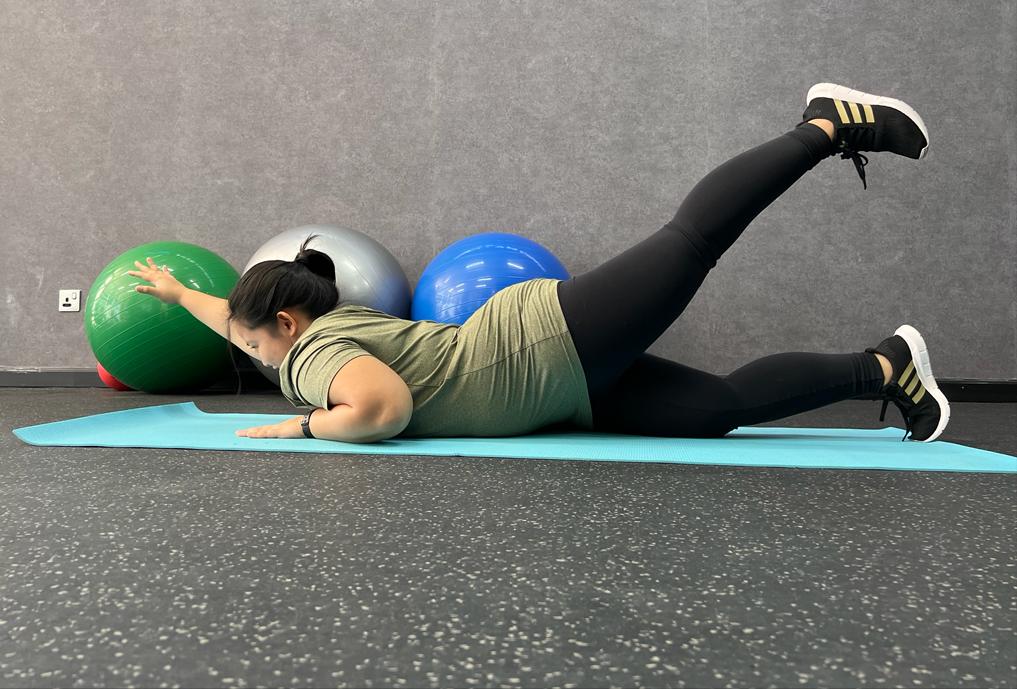
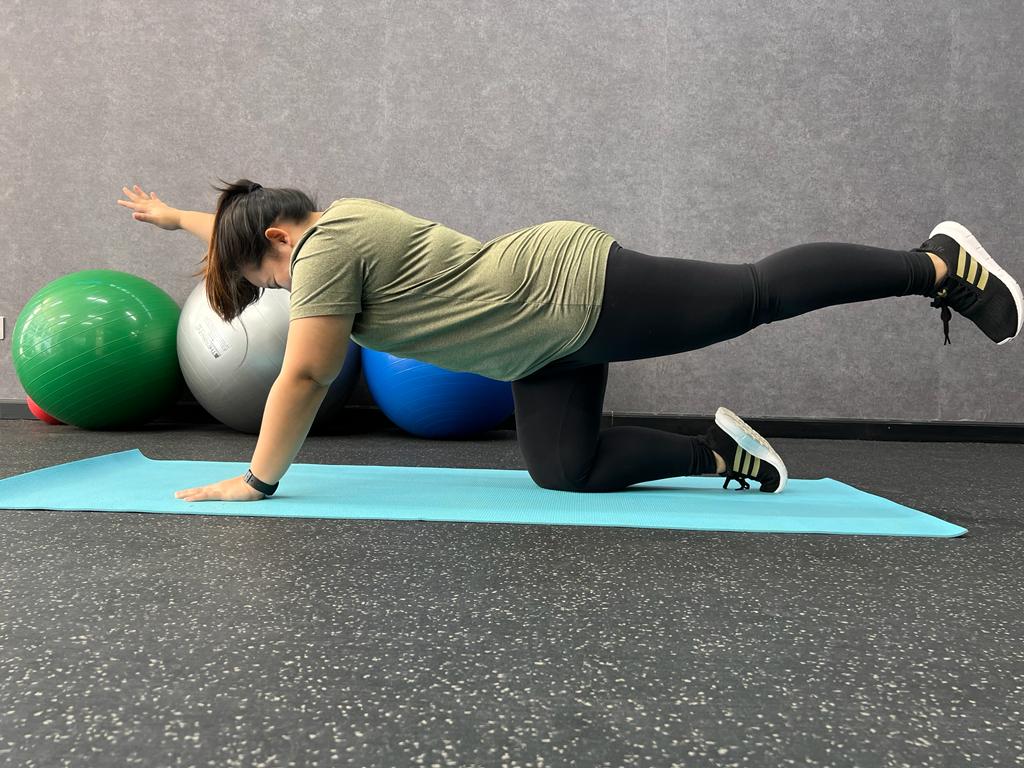
Bridges:- Lie on the floor with your knees bent and feet flat on the ground. Raise your hips off the ground until your thighs and torso are aligned, then hold for a few seconds before lowering back to the starting position.
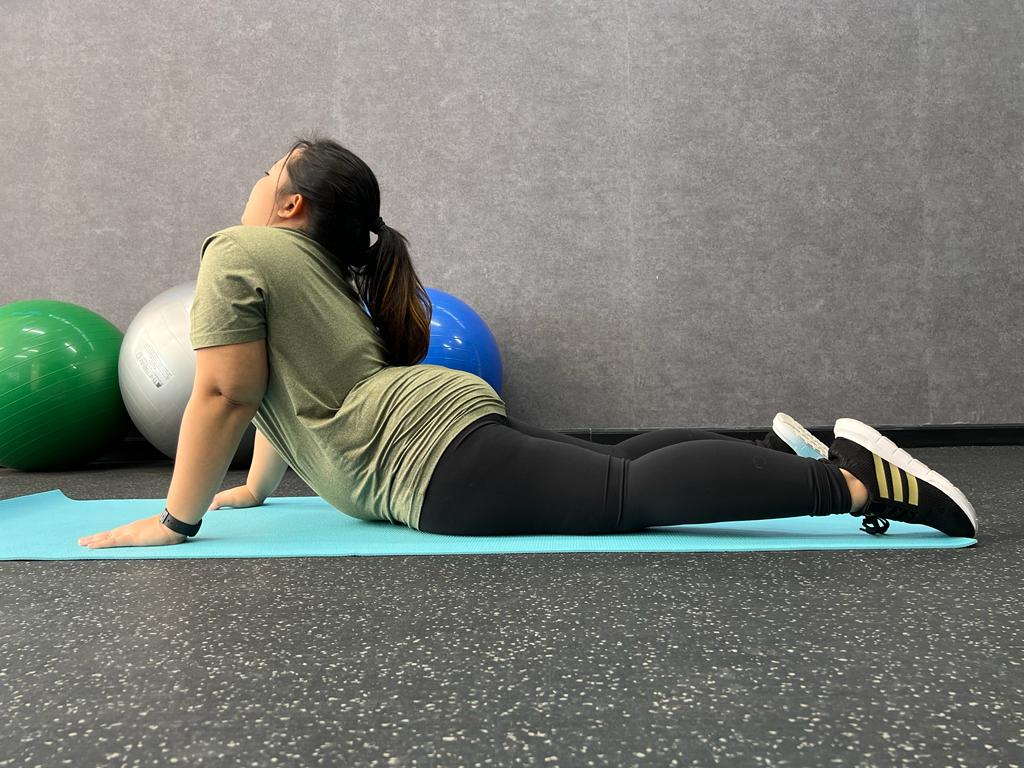
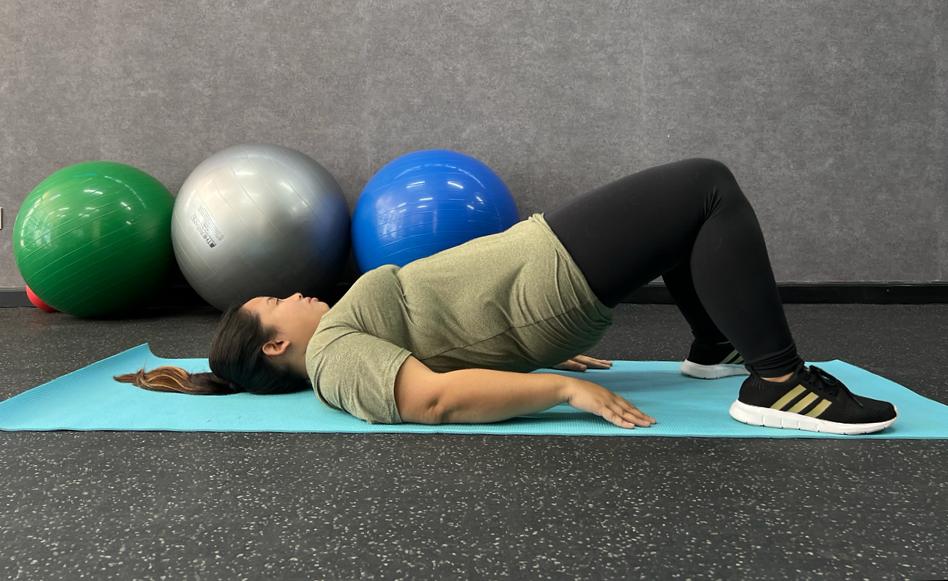
Prevention of a Herniated Disc
There are a number of things you can do to prevent a herniated disc, including:
- Maintaining good posture and alignment. This helps to take pressure off of the discs in your spine and keeps them from being damaged. - Exercising regularly. This helps to keep the muscles and ligaments around your spine strong, which can help to prevent injuries. - Eating a healthy diet. This helps to keep your discs healthy by providing them with the nutrients they need. By following these simple tips, you can help to prevent a herniated disc and keep yourself healthy and pain-free


